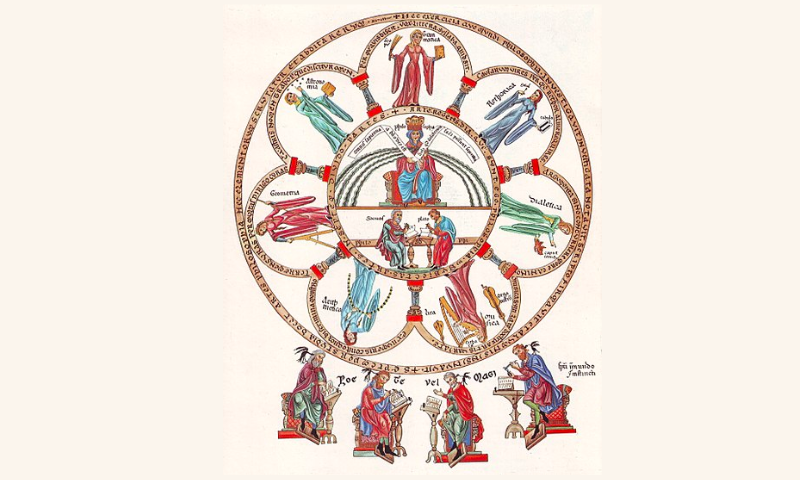John Agresto
Washington Examiner, Aug. 11, 2022
“In overcoming our ignorance of the past through history and our ignorance of human nature through philosophy and literature, we are less likely to be ruled by slogans or unexamined opinion.”
Liberal education and the liberal arts have fallen on hard times of late. And if we think there’s reason to resuscitate and revive them, and still a window in which to do so, we better not rely on the bromides of the past. The most damaging accusation against a liberal arts education is that it is practically useless, even if morally and spiritually valuable. But that is simply untrue — both for individuals and for society at large.
It’s easy to show how the study of medicine or business might be of use to individuals as well as to society. But when it comes to the liberal arts, and especially the humanities, showing the personal benefits or the societal benefits of Suzie learning Latin or Joey studying poetry seemed not all that obvious. In the domain of utility, the liberal arts do not bake bread, nor do they mend fractured bones; in the realm of moral virtue, they do not always work to soften a stony heart.
So, let us begin with what might be the use of a liberal education for each of us as individuals.
The liberal arts, properly conceived and taught, can introduce our students to the best thinkers, authors, and artists from antiquity to the present, give students exposure to what would be, for them, new ideas and perspectives, and offer them the chance to think through these matters for themselves and come to their own conclusions through reason and reflection. This might cultivate the ability in them to possess their own minds, freely, even in the face of what our culture, their peers, today’s ever-present “celebrities,” or even their more ideological professors might think. This is among the weightiest arguments for liberal education: The freedom to think, to imagine, to question, and to dissent is part of what it means to be a free man or woman.
Moreover, it seems unlikely that freedom of thought and inquiry can be constricted without impinging on freedom more generally. If we learn nothing else from classic literature, the great works of philosophy, or the study of historical figures, we should see that constraining freedom of the mind today leads to control in other, perhaps all, areas of human life and flourishing later.
John Agresto is the former president of St. John’s College and has served in senior positions at the National Endowment for the Humanities. He is the author of The Death of Learning: How American Education Has Failed Our Students and What to Do About It, from which this essay is adapted.


